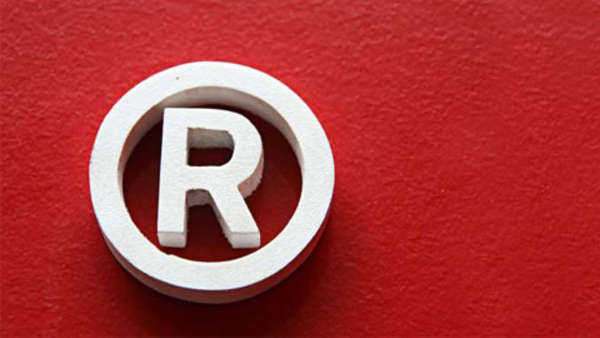Exclusive Rights of a Patent Holder
Patent holders are protected by exclusive rights. Once a patentUnited States Patents and Trademark Office (USPTO) the owner is awarded full patent protection for the duration of their patent term. Patent terms are usually about 20 years from the day of registration. Patents prevent anyone else from producing, using or selling the patented product in the United States or any territories abiding by United States patent laws.
No patent holder shall live with the burden of protecting their patent because the USPTO is responsible for such protection. Issues regarding infringement of patents can be settled in civil court and awards for damages or profits gained by a patent infringer will be directed to the patent owner. The USPTO will support with evidence any patent holder in a legal battle over the right to produce, sell or use a patented product still in it allotted patent term.
Even if a patent holder does not go on to produce their patent, they are still the owner of that patent. Patent protection prevents others from taking a patent and improving it without the permission of the patent holder. If someone has an idea for an improvement to be made to a patent they may get that idea patented but cannot actually produce it.

At the same time, the owner of the original patent cannot make the improvement to their product if the improvement idea was already patented by someone else. In both circumstances permission must be granted from the patent owners. Many people feel the patent system offers too much protection in that it halts the improvement of existing inventions.
Patent holders can also grant a licensing term to a third party. For example, if a patent will last 20 years, the patent owner may grant a 5 year licensing term to a third party so they can both benefit from it. Licenses can also be divided by geographic location or by activity with one party producing the product and another responsible for selling the product.
Patent protection is enforceable in civil court. If someone infringes on a registered patent, at least one of three things is likely to occur. The first is an injunction. An injunction can be placed on a defendant so that they are ordered by the court to cease production or stop selling an item that violates patent rights.
Money may be awarded to the plaintiff to make up for damages caused by the patent violation or to award the defendant's illegally obtained profits to the plaintiff. The plaintiff's attorney fees may be paid by the defendant but this is rarer than the other two outcomes of a civil trial regarding a patent violation.